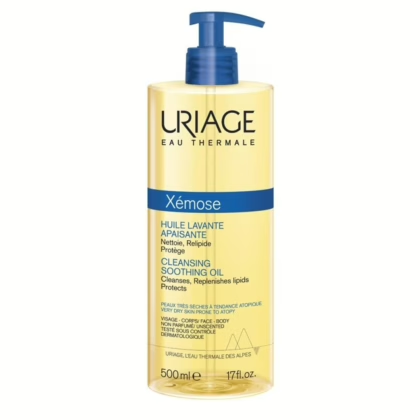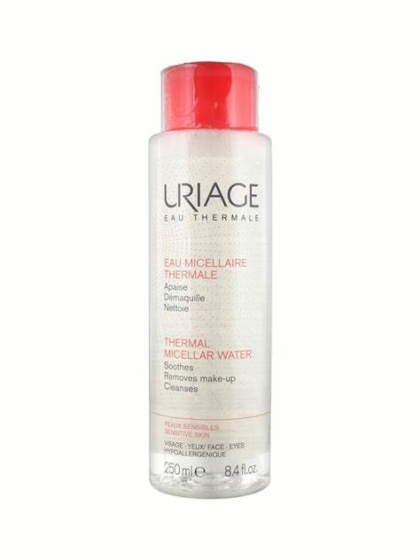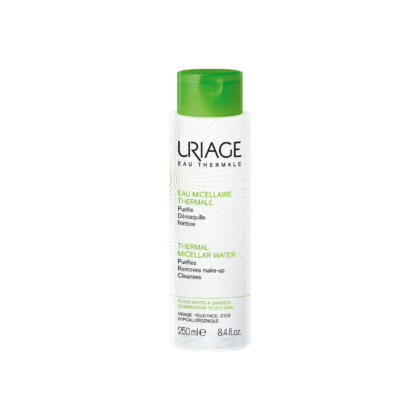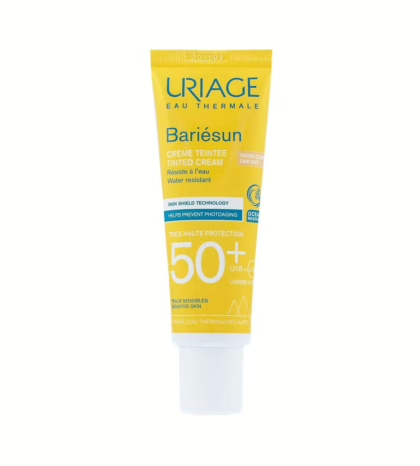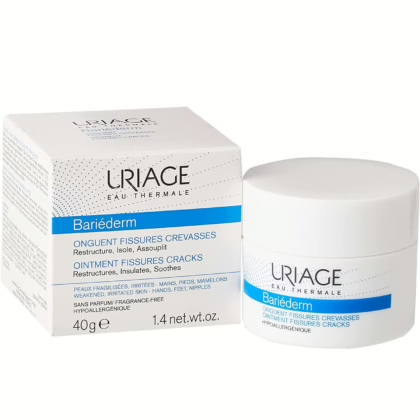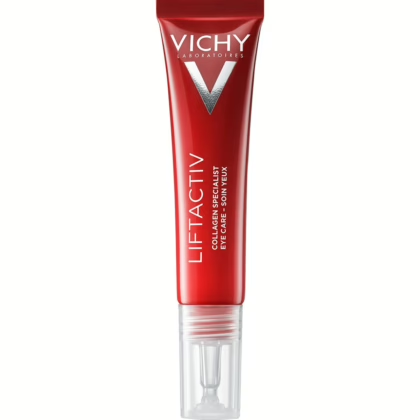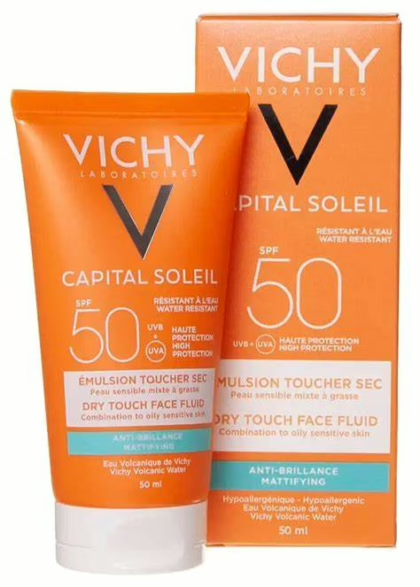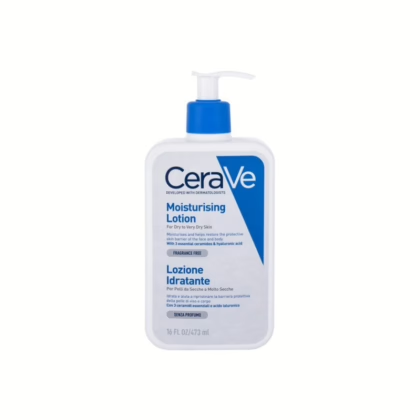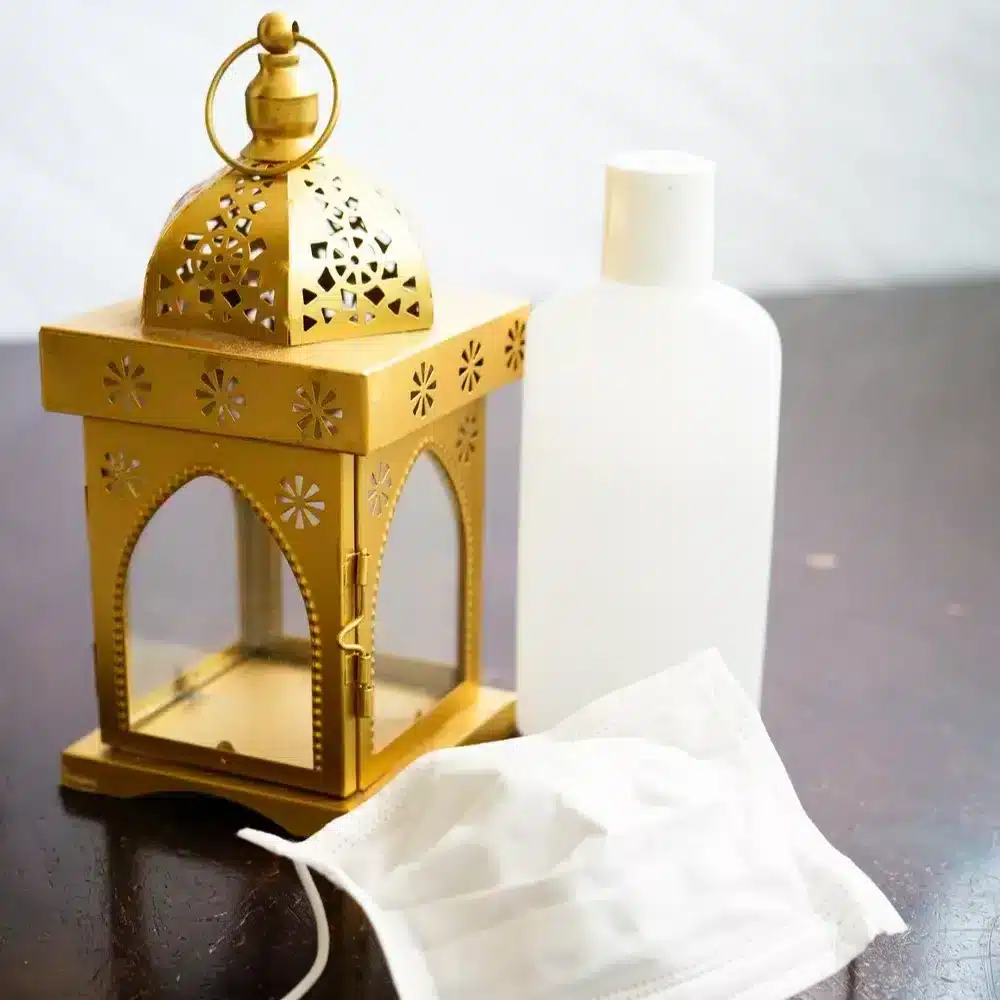
Millions of Muslims embark on the sacred journey of Hajj each year. While the spiritual significance of the pilgrimage is undeniable, the physically demanding rituals and close proximity to large crowds can pose health risks. Avoid illness during Hajj becomes a top priority to ensure a safe and fulfilling experience. This guide outlines essential steps pilgrims can take to safeguard their health throughout their journey.
Fortunately, by taking some proactive steps, pilgrims can significantly reduce their chances of getting sick and ensure a safe and healthy Hajj.
By following these simple tips, pilgrims can avoid illness during Hajj and focus on the spiritual significance of this sacred journey. Remember, a healthy and safe Hajj allows you to fully participate in the rituals and derive the most benefit from this life-changing experience.


